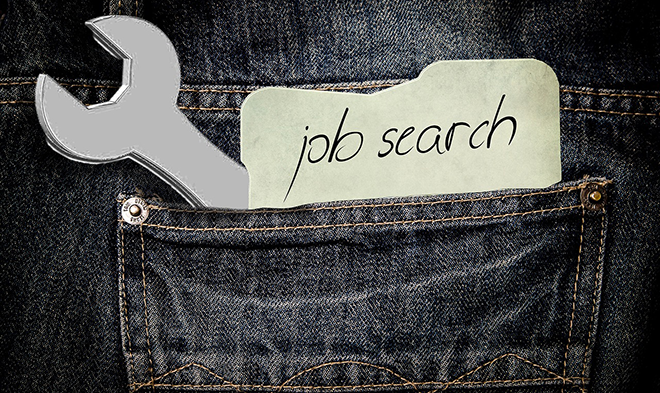How Much Should You Save For Emergencies? Factors To Consider
 By now, you know that you should be saving an emergency fund. Tucking away a few months worth of expenses to save for emergencies is a good practice, because we never know what life has in store for us. At any given moment, life can be turned upside down and we might find ourselves with no ability to bring in an income: job loss, injury, illness. The only way to hang on to security in an uncertain world is to save enough to ensure you get through the rough patch relatively unscathed.
By now, you know that you should be saving an emergency fund. Tucking away a few months worth of expenses to save for emergencies is a good practice, because we never know what life has in store for us. At any given moment, life can be turned upside down and we might find ourselves with no ability to bring in an income: job loss, injury, illness. The only way to hang on to security in an uncertain world is to save enough to ensure you get through the rough patch relatively unscathed.
But how much should you save? Some experts say 3 months worth of expenses is sufficient to save for emergencies. Others say as much as 6 months is necessary to truly ensure you get through any rough patches okay. Who is correct and how do we know?
Unfortunately, the answer isn’t a simple one, and that’s because we are all different and all face different risks. There are, however, factors you can take into consideration that will help you make a decision that’s best for you, and they are:
1. How long will it take you to get back to regular earning?
In the case of job loss, consider how long it might take you to find another job. Depending on your industry, things can vary widely. If you’re a server in a city with a great tourism industry, you’ll probably find work pretty quick. If you’re a pilot in a small town, you might find it harder to find work. Be realistic about how long it might take you to get back to a regular paycheck and always err on the side of caution. If you think it’ll take you 3-4 months to find a new job, save 5 months expenses for your emergency savings.
2. Do you want the luxury of choice?
Do you want to be put in the position to have to accept the first job offer that comes along? Or would you rather have the luxury of choice? The more you save for an emergency, the longer you’ll have to weigh the pros and cons of different job offers or hold out until you get a new one. Some jobs have awful benefits, others have low pay. You don’t want to settle for a position that doesn’t make use of your skill and expertise just to be able to make ends meet. You want to find the right fit, something that will last and leave you fulfilled and challenged. A bigger emergency fund is going to afford you that privilege.
3. Do you want less stress?
Having more than just the bare minimum saved saves you from the stress and anxiety that comes with anything that might see you dipping into your emergency fund. Losing your job is one of the most stressful things people go through, and our psyches really take a beating when we do. Comfortably resting on more money than you’ll need to get through it, is going to save you some of those negative feelings and thoughts. If you’re older, this can save your life as stress is continually named a factor in life-threatening illnesses such as heart attack and stroke.
4. How much money can you live off of per month?
We’re talking about the absolute bare minimum without hurting your credit rating or starving yourself. Take into consideration what you can lower your monthly expenses to, to live reasonably as an unemployed person who shouldn’t be splurging on all-you-can-eat sushi and expensive bottles of wine every weekend. While it is hoped you won’t ever have to use your emergency fund, if you find yourself in such a situation, the very first thing you’re going to have to do is lower your monthly expenses in whatever way you can. When you decide how much to save for your emergency fund, save the bare minimum monthly expenses you need to get by. This might enable to you save more months worth of expenses and help you avoid the stress of being penniless.
Whatever conclusion these considerations lead you to, is going to be suited to your specific situation, career, geographic location, and lifestyle. Adding them all up is going to give you an amount to set your sights on when you save for emergencies. Each of us is going to have a different emergency fund, set up to pay our way for a different amount of time. What’s right for you is going to be different from what’s right for me, but as long you’ve been honest in your assessment of what you require, your emergency fund is going to serve you well.
Do you save for emergencies? How many months expenses do you think is a good number? Let us know in the comments!





Leave a Reply